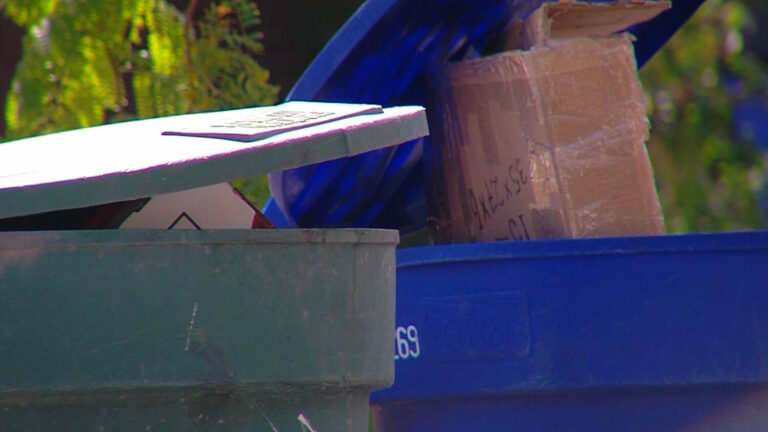The Hidden Dangers in Your Trash
Identity theft can lead to significant financial losses and wasted time for its victims. While many are aware of sophisticated techniques used by criminals, such as smishing, phishing, and data breaches, a simpler method often goes unnoticed. Recently, a case was reported where an identity thief opened a credit card in someone’s wife’s name and spent nearly $16,000. The thief made purchases in stores located in Georgia and Florida, states the victim had never visited.

In 2023, Americans lost around $43 billion to identity fraud, with $5.3 billion attributed to new-account fraud. According to Katie Hass, director of Utah’s Division of Consumer Protection, criminals often obtain personal information through ‘analog’ means. “We still generate a lot of paper,” she said. “Our mailboxes, trash bins, and recycling bins can contain everything an ID thief needs.”
During tax season, sensitive documents containing names, addresses, and Social Security numbers are particularly vulnerable. However, even seemingly innocuous documents can be valuable to criminals. By discovering where someone banks, a crook can pose as a bank representative and manipulate them into sharing sensitive information.

Hass emphasizes the importance of shredding all documents, even those that may seem insignificant. This includes credit card offers, bank statements, and receipts. “You’re tempted to just throw it in the recycle bin,” she said, “but people go through trash, they really do.”
To help residents protect themselves, the Utah Division of Consumer Protection and the University of Utah are hosting ‘Declutter Day’ on Friday, April 18, 2025. The event will allow individuals to safely dispose of personal documents, electronics, and medications at no cost.
The public is invited to attend on April 18, 2025, from 7:00 AM to 3:00 PM at 595 Guardsman Way, Salt Lake City, UT. For more information on accepted items, visit the Consumer Protection Division’s website.


